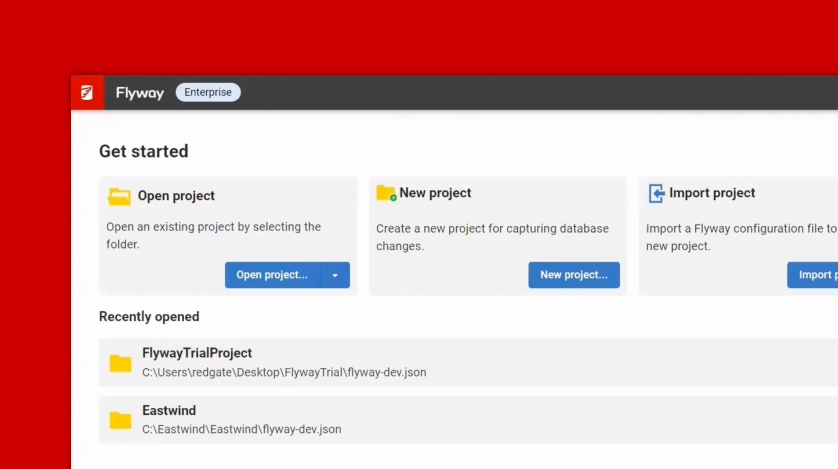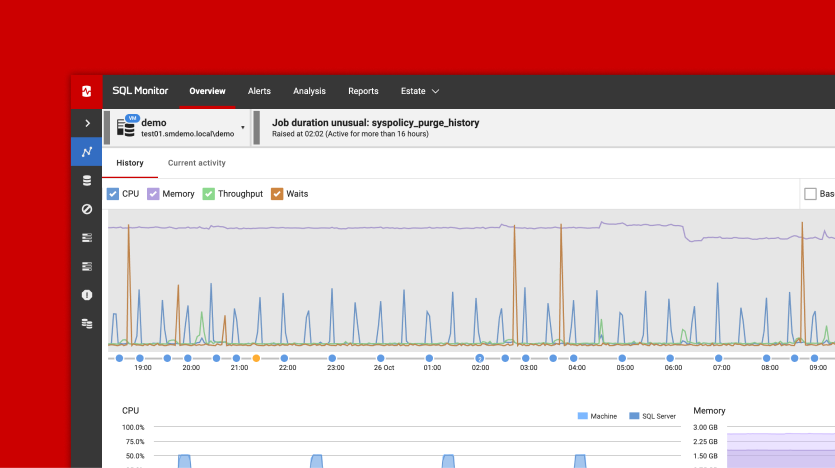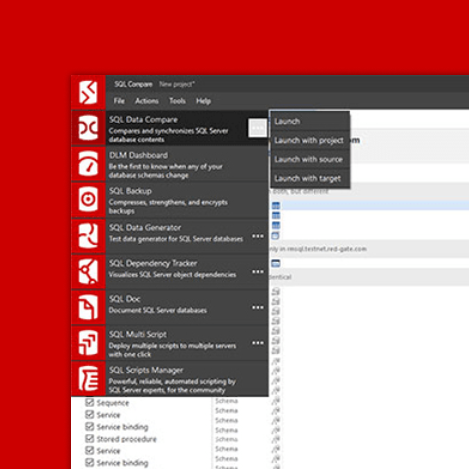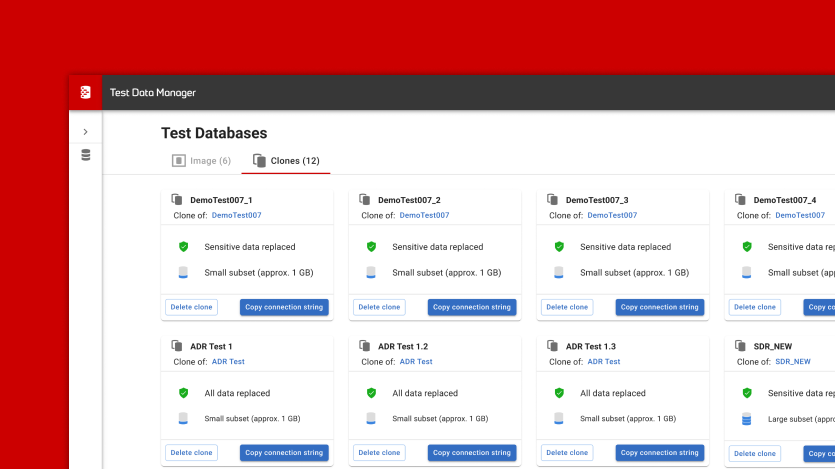The Role of the DBA Is Changing
For good or for ill, technology is constantly shifting and with it, the roles of those who manage that technology also shift. This is no different for a DBA than it is for a developer, an admin, or analyst. As new technology, like the adoption of the cloud, changes the role, people start to question whether or not there's even a need for a DBA. The shortest possible answer to that question, in my opinion, is "Yes". However, let's talk about why I think, despite the shifting role of the DBA, there's still an extremely strong need for someone who specializes in data management.
Cloud Adoption
Possibly the single biggest change occurring within all of IT is the move to the cloud. On some levels, it's just more of the same. After all, using a VM to run your database management system locally or a VM in Azure is just not all that different. That said, in other ways, data management on cloud technology is radically different. We could talk about Google Cloud Platform or AWS, where similar technology shifts are taking place. However, for our purposes, I'm going to stick with Azure.
If you put your data into an Azure SQL Database, there are a lot of differences between how you manage this and how you'd manage a SQL Server instance anywhere else. Backups are handled by Microsoft. They also take care of ensuring database consistency. An internal process provides a level of high availability, automatically as a fundamental part of the Azure SQL Database offering. On top of all that, you can even enable some automatic performance tuning through the creation of nonclustered indexes. This is a different world indeed. Clearly, the role of the DBA is either reduced or eliminated by all this technology. Right?
Not so fast. I mean sure, if you see the role of the DBA as running DBCC, backups and tossing the occasional index at a table, then yes, you don't need a DBA. However, a DBA is so much more than this. Let's just take backups as an example because it's one of my favorite topics. Sure, Microsoft is doing an outstanding job of providing point in time recovery within the SLA they define. However, a good DBA is going to immediately start testing restore operations from those backups. Why? Because they don't trust Microsoft? Not at all. Because, when things go south on your system, someone drops a table, a bad bit of code deletes some data, whatever it is that goes wrong, you're going to need to know how to do a restore. There is literally nothing worse than trying to read a manual in the midst of an emergency to figure out how to recover from that emergency.
We can also talk about performance tuning. Once again, I love what Microsoft is doing with the automatic creation of indexes. If you have to manage hundreds or thousands of databases, the savings this process provides in terms of time and effort is probably incalculable. However, what about creating the right clustered index? After all, you only get one of those. For a lot of tables, the default, of letting the clustered key be the same as the primary key works just fine. However, for a lot of other tables, that's a very bad choice. This is where a skilled DBA comes in and makes decisions, based on testing, knowledge and experience, to place the clustered index key on an optimal column or columns. This is a huge point. A bad database design, improper normalization, poor clustered key selection, and more, all lead to bad performance. In Azure, you overcome this by moving to higher service tier, and subsequently, paying more money. Having someone design a better database literally means saving money for the organization.
Finally, you'll still need to automate management of your systems, deployments, and more. All work that strong DBAs are doing already on-premises. Just because you've moved to the cloud and a few parts of the role has shifted doesn't mean the role has been eliminated. Knowing how to properly manage data through a migration or deployment requires time, effort and practice. This is exactly what you've got a DBA around for. Most of their knowledge is going to transfer to the cloud just fine.
Level Up
I honestly don't worry about the role of the DBA. I know that some of the responsibilities are shifting. However, they've always been shifting. The worry should be whether or not you're preparing yourself for the coming changes. I know that there are still organizations out there running SQL Server 2005 who may never upgrade. I'm also aware that there are honestly people who think that none of the technology shifts since SQL Server 2008 are worth the trouble. Never mind the cloud. These individuals see the technology peak and don't feel a need to learn or move with the rest of the industry. However, you need to know, the organizations that will never upgrade are few and far between. Most of the rest of us absolutely must level up our skills.
So, if you are a DBA who only sees the job as backups, yeah, you might be in trouble with the shifts in technology that have already happened and all the ones coming up. Fortunately, I've got some good news for you. Redgate Streamed is putting on an event on June 23rd, 2021. Check out the agenda. It's focused on the changing role of the DBA, the ongoing migration to the cloud, and generally levelling up your skills. Check out the list of speakers too. There some serious industry heavyweights who can help you move your career forward.
Please, take a moment to go and register. Your role may indeed be changing, but you can level up your skills. Redgate is going to be right there on the journey with you.






